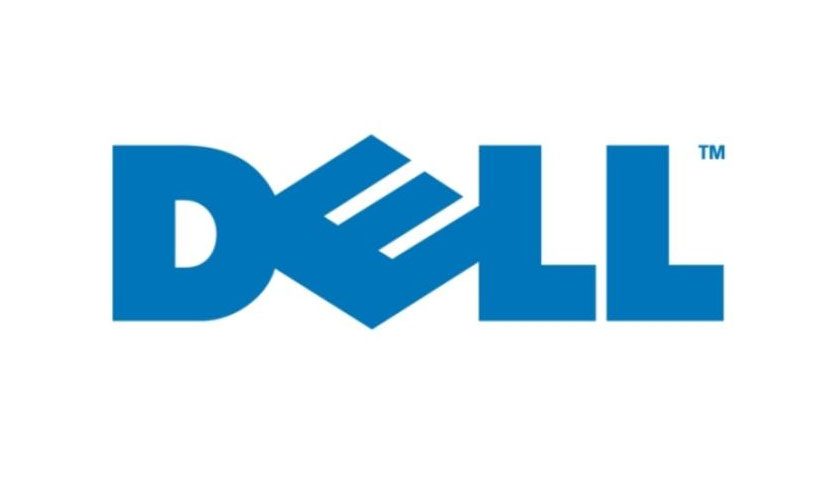At last month’s 9th annual Dell Women Entrepreneur Network Summit (DWEN) in Toronto, Dell unveiled new diagnostic tools for local governments and policymakers to help enable women entrepreneurs to succeed.
Built on the findings of the 2017 Women Entrepreneur Cities (WE Cities) Index Dell, with research partner IHS Markit conducted a deep-dive analysis’ on the barriers and opportunities for women entrepreneurs accessing capital and leveraging technology to scale. Dell also developed 10 city blueprints designed to spotlight actions a city can take to improve the local ecosystem for women entrepreneurs.
“Women’s entrepreneurship rates rose globally by 13 percent in 2017, reflecting broader momentum of increased female representation across the public and private sectors in many regions around the world. However, access to capital and technology, as well as cultural and political barriers, continue to limit the success of women-owned businesses,” said Karen Quintos, executive vice president and chief customer officer at Dell. “With the release of the WE City Deep Dives and Blueprints, city leaders and policymakers can confidently move from ‘analysis to action,’ accelerating positive change that allows women entrepreneurs to thrive – which benefits local communities, wider society and the global economy.”
“According to extensive data and analysis, when barriers to women entrepreneurship are removed, there is a dramatic uplift in a city’s economic prospects,” said Cris Turner, vice president of Government Affairs at Dell. “The WE City Deep Dives and Blueprints offer insights on what cities on the list can learn from one-another and encourage political action to attract and support women entrepreneurs at the local level.”
WE City Blueprints
The WE City Blueprints look at areas of strength and areas of improvement to provide city leaders and policymakers with data-driven research and recommendations on how to foster high-potential women entrepreneurs. Blueprint cities include:
- Austin
- Boston
- Mexico City
- Toronto
- London
- Amsterdam
- Sydney
- Tokyo
- Sao Paulo
- Singapore
WE City Capital and Technology Deep Dives
Capital and technology are critical for scaling any business, but women face unique challenges with both. In 2017, only 2 percent of venture funding went to female founders. Based on the qualitative analysis of the WE Cities Index and insights from members of the DWEN network, many women entrepreneurs are not leveraging innovative technologies to scale their businesses. The WE City Capital and Technology deep dives uncover:
- How women entrepreneurs are accessing capital, using technology
- How different regions are accessing different sources of capital, using technology
- Industries that women entrepreneurs gravitate towards and how it impacts access to capital and technology
- How access to capital and use of technology differ across leading cities
WE Cities Ranking and Methodology
Built on the past six years of Dell research on High Potential Women Entrepreneurs (HPWE), cities were ranked on five important characteristics: capital, technology, talent, culture and markets. These pillars were organized into two groups — operating environment and enabling environment. The overall rating is based on 72 indicators; 45 of these (nearly two-thirds) have a gender-based component. Individual indicators were weighted based on four criteria: relevance, quality of underlying data, uniqueness in the index and gender component.
The 50 cities were ranked as follows:
- New York City
- Bay Area
- London
- Boston
- Stockholm
- Los Angeles
- Washington, D.C.
- Singapore
- Toronto
- Seattle
- Sydney
- Paris
- Chicago
- Minneapolis
- Austin
- Hong Kong
- Melbourne
- Atlanta
- Amsterdam
- Portland (OR)
- Berlin
- Taipei
- Pittsburgh
- Tel Aviv
- Copenhagen
- Vancouver
- Houston
- Johannesburg
- Barcelona
- Seoul
- Munich
- Miami/Ft. Lauderdale
- Nairobi
- Dublin
- Warsaw
- Belfast
- Milan
- Beijing
- Tokyo
- Bangalore
- Kuala Lumpur
- Sao Paulo
- Dubai
- Shanghai
- Mexico City
- Lima
- Guadalajara
- Istanbul
- Delhi
- Jakarta


